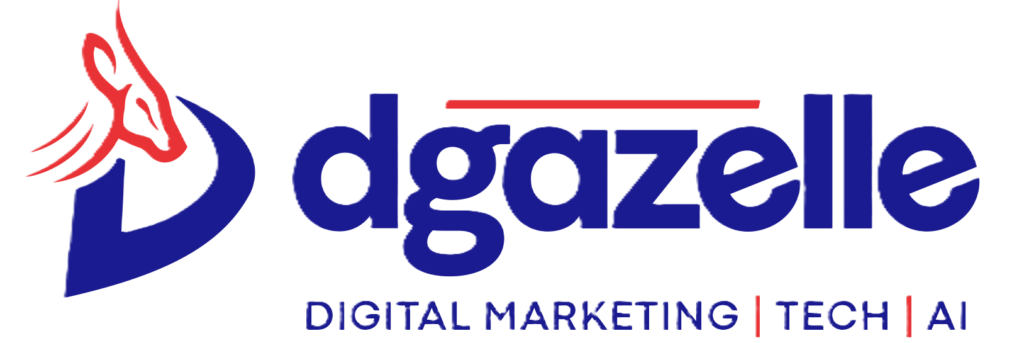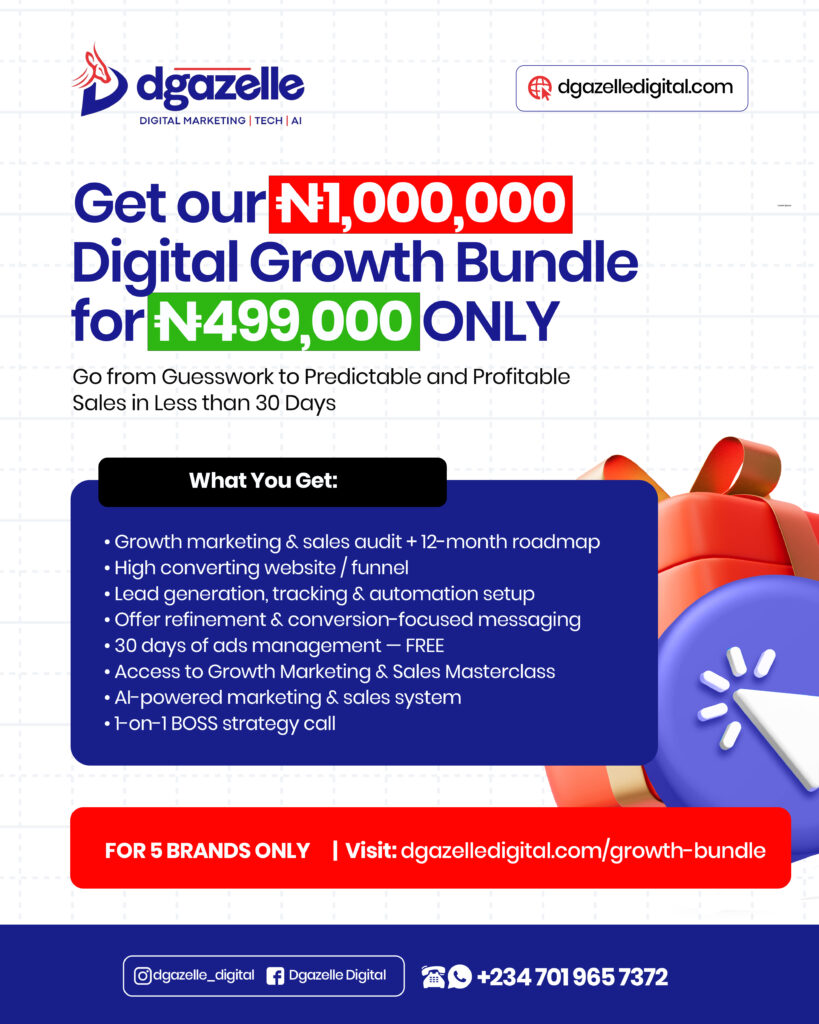Getting people to visit your online store is half the battle. The other half? Convincing them to buy. But before the sales even happen, you need visibility, and that is where link building comes in.
Link building is not new. But in 2025, the game has changed.
If you are running an ecommerce business and you’re wondering why your beautifully designed store is barely getting traffic, or why Google seems to be ignoring your site, this post is for you. We are diving into what is working in ecommerce link building in 2025, what is not, and how you can fix it, with or without an in-house SEO team
Let us get into it.
Why Link Building Still Matters; Maybe More Than Ever
You may have heard it before, backlinks are like votes of confidence from other websites. When authoritative sites link to your ecommerce store Google takes that as a sign that your site is trustworthy and relevant.
- That can translate to higher rankings on search engine results pages (SERPs)
- More organic (free) traffic
- More brand visibility and domain authority
- More potential customers clicking through
But here’s the thing, not all backlinks are created equal, and many of the old strategies no longer work. Worse, they can hurt your ranking if Google thinks you are trying to game the system.
So, what works in 2025?
What’s Working: The Link Building Tactics That Still Drive Results

1. Digital PR & Thought Leadership
This is by far one of the strongest strategies in 2025. Instead of chasing shady directories or begging for links, ecommerce brands are now building relationships with journalists, bloggers, and industry websites.
You create content worth linking to, think data studies, expert insights, product innovation stories and pitch them to reputable publications.
Example: Let’s say you run an ecommerce store that sells eco-friendly fashion in Nigeria. You publish a detailed blog post with research on “How Gen Z in Lagos Is Driving Sustainable Fashion.” Pitch that to lifestyle and business publications. They link back to your post. Boom quality backlinks.
How Dgazelle Helps: At Dgazelle, we help ecommerce businesses craft compelling stories around their products and get them in front of the right eyes. This is not just PR it’s traffic fuel.
2. Content Marketing That Educates and Converts
You need more than product pages. Content that answers real questions, like “How to choose the right laptop for remote work in Nigeria” or “The best skincare routine for harmattan weather”, tends to attract links from blogs, YouTubers, and news outlets. Plus, when users find your content useful, they stay longer, trust you more, and are more likely to buy. Pro tip: Create in-depth guides, how-to articles, and interactive tools, not just ads.
Dgazelle’s Edge: We pair solid SEO strategy with conversion psychology. Meaning: we do not just write content to get clicks. we write it to get customers.
3. Influencer Collaboration with Real Authority
Forget bots and fake followers. In 2025, micro-influencers who are seen as authentic voices in their niche carry serious backlink power. If a respected fitness coach links to your ecommerce site while reviewing your gym gear, it matters more than a random directory listing.
How to leverage this:
- Partner with influencers who blog or run their own sites.
- Send free products and ask for honest reviews.
- Co-create content that includes backlinks to your shop.
How We Support You: Dgazelle helps ecommerce brands identify credible influencers in your industry and create link-worthy content together.
4. Niche Directory Listings (Yes, They Still Work If Done Right)
While spammy directories are a thing of the past, hyper-relevant directories are thriving Example: A Nigerian ecommerce brand selling natural hair products could benefit from being listed in African beauty and wellness directories. Tech gadget sellers can target listings on local review blogs or tech comparison site .
These targeted placements still deliver SEO value and drive traffic from people who are actually ready to buy.
What’s Not Working (and Might Get You Penalized)
Let us save you some trouble by pointing out what to stop wasting your time (and money) on.

1. Buying Cheap Backlinks
You have seen the ads: “Get 5,000 backlinks for $20.” Sounds tempting, right? But it is a trap. Google’s algorithm in 2025 is smarter than ever. Low-quality or irrelevant backlinks can destroy your ranking, or even get you blacklisted.
2. Guest Posting at Scale With No Value
Back in the day, guest blogging was the holy grail of link building. Now? Only if it is done with purpose. Posting dozens of low-effort articles with keyword-stuffed bios and fake author names is out. It’s seen as manipulative. Stick to writing for high-quality websites where your insights genuinely belong.
3. Broken Link Building (Mostly Outdated Now)
Finding broken links on other people’s sites and pitching your own as a replacement used to be a solid hack. But today, many websites have automated checks that fix broken links faster than you can find them. It is not completely dead, just very time-consuming with low payoff in ecommerce.
Practical Steps to Start Building Strong Links Today

If you are a Nigerian ecommerce founder, here is your starter checklist:
- Identify your most linkable content (think: blog posts, guides, research, infographics)
- Reach out to niche bloggers and websites in your industry. Invest in content that solves your audience’s problems
- Create shareable resources like downloadable checklists or calculators
- Optimize your product pages with unique descriptions and reviews
- List your business in curated Nigerian directories that match your niche
Why This Matters to You; the Business Owner
You can have the best products, competitive pricing, and fast delivery. But if your site is invisible on Google, you are fighting an uphill battle every day.
Great link building:
- Brings in consistent traffic
- Builds brand credibility
- Boosts your rankings on Google
- Helps you stand out in a crowded market
And if you do not know where to start, that is where we come in. At Dgazelle, We Build More Than Websites. We Build Ecommerce Growth Machines. Dgazelle is not your average design agency. We are a team of Nigerian creatives, marketers, and strategists who understand the realities of running an ecommerce business in this country.
From mobile optimization to SEO copywriting, content strategy, and smart link building, we are your all-in-one digital partner. When we design your store, we do not just focus on aesthetics, we build it with strategy, SEO, and sales in mind.
You do not need to do it alone. Let us help you rank, scale, and sell more. Ready to Build an Ecommerce Store That Actually Gets Found Online? If your competitors are outranking you, even with less impressive products, chances are they are investing in better strategy. Link building is just one piece of the puzzle, but it is one you cannot ignore.
Let’s help you get discovered by the people who are already searching for what you sell. Reach out to us at Dgazelle Digital Services and let us build something extraordinary together.







